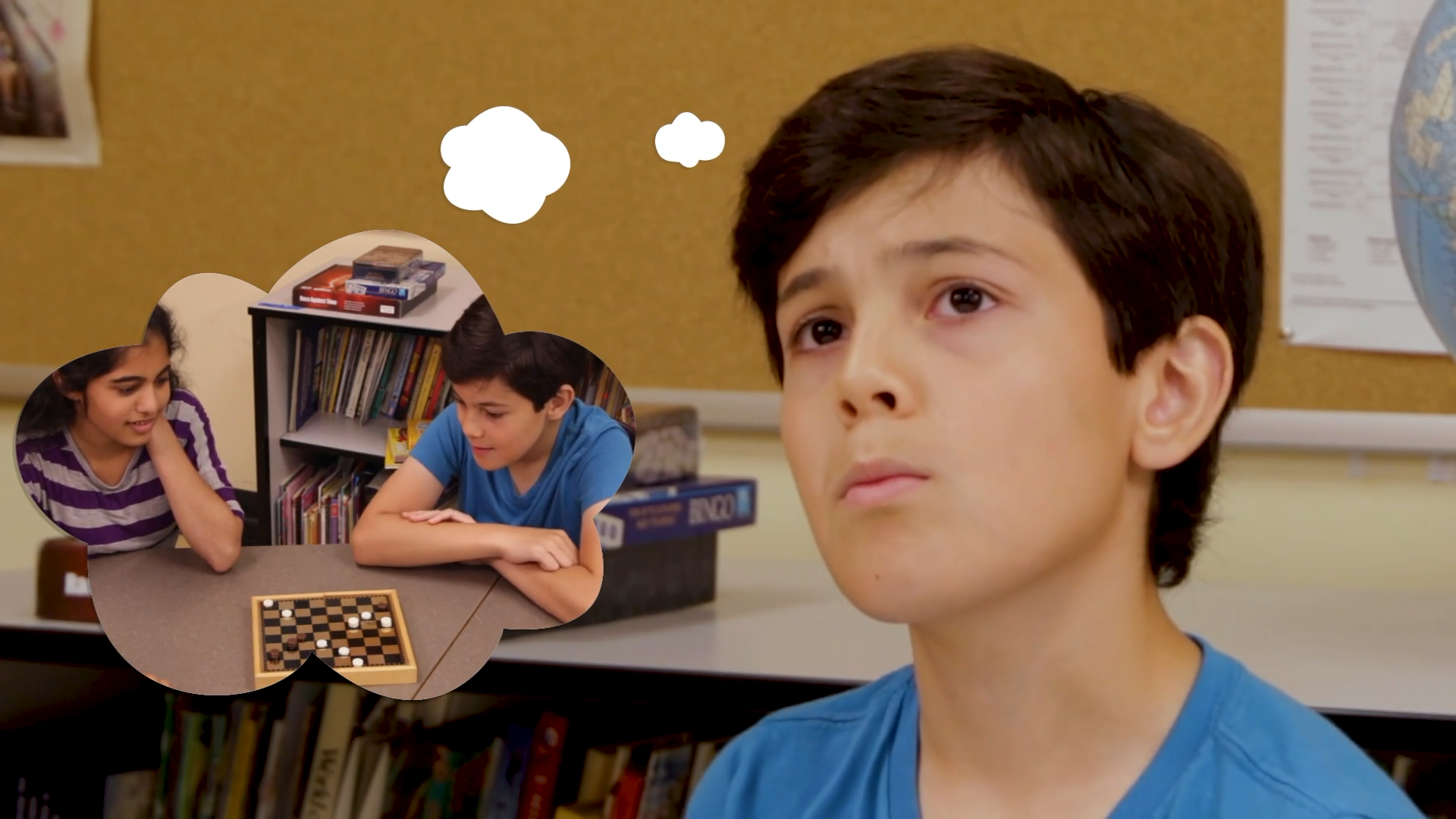Embracing change and being open to others’ ideas can be challenging for some students, especially those in special education settings. Developing an Open Mind is essential for cultivating positive relationships, reducing stress, and promoting personal growth. In this blog post, we will discuss an easy-to-implement activity for educators to help their students develop an Open Mind, along with discussion questions and related skills.
No-Prep Activity: The Open Mind Challenge
This activity requires no preparation or materials, making it an accessible option for educators in any setting. The Open Mind Challenge encourages students to practice open-mindedness in a fun and engaging way.
- Ask students to form pairs or small groups.
- Assign each pair or group a topic or situation where they might need to use an Open Mind (e.g., trying a new food, playing a new game, or working with a new partner).
- Have students discuss the situation and identify the potential challenges they might face in being open-minded.
- Encourage students to brainstorm strategies for overcoming these challenges and embracing an Open Mind. Remind them to pick a calming strategy, use self-talk, visualize the new idea, and agree to try it.
- After the discussion, have each pair or group share their strategies with the class and discuss how these strategies can be applied in other situations.
Discussion Questions
- Why is it important to have an Open Mind when interacting with others?
- What are some situations in which having a Closed Mind can lead to negative outcomes?
- How can using an Open Mind help you feel more comfortable and confident in new situations?
- What are some calming strategies you can use when facing a challenging situation that requires an Open Mind?
- Share a time when you successfully used an Open Mind to overcome a challenge or embrace a new experience.
Related Skills
Developing an Open Mind is just one aspect of a well-rounded social-emotional skillset. Other related skills that students in special education can benefit from include:
- Active listening: Paying attention and responding thoughtfully to others’ ideas and feelings.
- Empathy: Understanding and sharing the emotions of others, which can help create stronger connections and promote open-mindedness.
- Flexibility: Adapting to changes and new situations with ease.
- Problem-solving: Working collaboratively to find solutions to challenges, which often requires considering multiple perspectives and ideas.
- Self-awareness: Recognizing one’s own thoughts, feelings, and actions, and understanding how they impact others.
Next Steps
Teaching open-mindedness to students in special education is an essential component of fostering a positive learning environment and promoting personal growth. To access free sample materials and explore more social-emotional learning resources, sign up at Everyday Speech.






